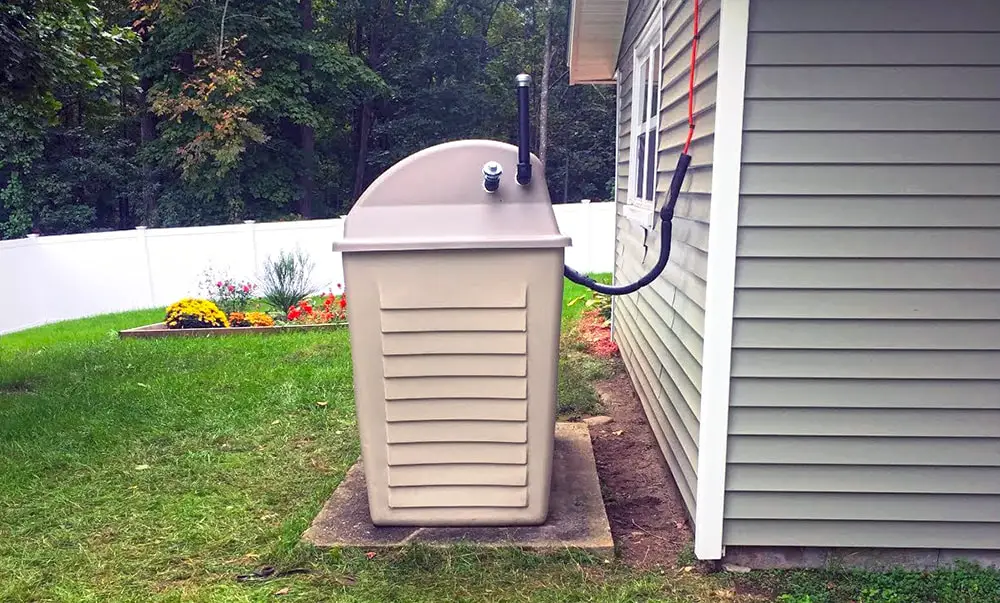
Homes that are heated with heating oil and are equipped with an oil tank may have trouble getting home insurance. You might be wondering if homeowners insurance covers oil tank removal and leaks? Find out in the article below.
Oil Tank and Insurance Coverage
You know that an oil storage tank is a great device to hold heating fuel. Oil tanks can be found underground or above the ground. Regardless of where it is located, homeowners must exercise due diligence for the maintenance of the oil tank. Further monitoring must be given to underground oil tanks as the leak is more unnoticeable when the tank is below the ground. Insurance companies may compute the premium based on the age of the tank and its location. Insurance premium may also be different for oil tanks that are double or single walled.

Dangers of an Oil Tank
Oil tanks may look good and stable on the outside, but this may not be the case on the inside. Oil tanks are prone to rust buildup, which means that it might be corroding on the inside. As a result, it can lead to an oil leak. Oil leaks can produce harmful toxins that are dangerous to people’s health. The gas that is being emitted by the oil leak may cause lung diseases, especially for people with a weaker immune system.
Moreover, oil leaks can contaminate the water in the area and it can kill plants nearby. It can even cause stains on the wall and the floor. Oil tanks have a lifespan of around 15 years. If it goes beyond the said lifespan, the oil tank may pose an additional danger.
Oil Tank Safety Tips
In order to minimize the risk that oil tanks pose, there are some things that you can do to prevent further damage. First, you should get a double walled tank to slow down the erosion of the metal. This may not fully prevent leakage, but it is able to extend the lifespan of your oil tank.
You can also install an alarm system that will warn you if your oil tank is leaking. This will allow you to immediately call for the help of qualified individuals in cleaning up the leak. You can also install a shield for your tank to prevent it from bursting during the colder seasons.
Will my Insurance Coverage cover for Oil Tank Removal and Leaks?
The dangerous nature of oil tanks may encourage homeowners to replace the oil tank with a safer heating system. Since removal can be tedious, one will need to hire a specialist to safely remove the oil tank. This will eliminate the hazards posed by oil tank removal.
If the oil tank in your home is covered by your insurance policy, you are protected against the cost incurred for oil tank removal and leaks. However, there might be a ceiling to the coverage amount and you must pay for a certain deductible before the insurance kicks in. If a leak occurs, cleanup should also be done. There are cases when the cleanup is paid for by the insurance company, but only if it is explicitly stated in the insurance policy. Moreover, oil leaks can also cause a domino effect in terms of issues as it can result in a variety of problems.
This is why it is important to ensure that your insurance coverage option is able to provide sufficient coverage for your house. You should discuss your options with your insurance agent or your insurance provider to help you decide on the right coverage for your oil tank.

